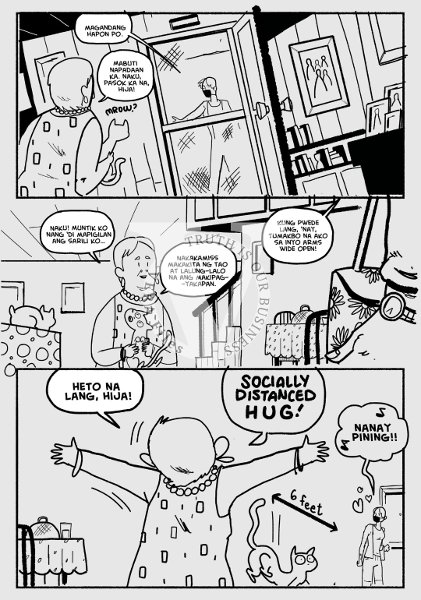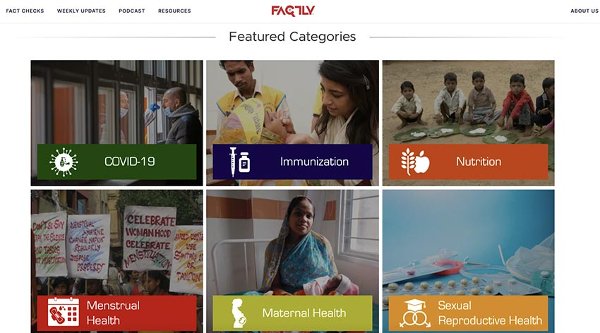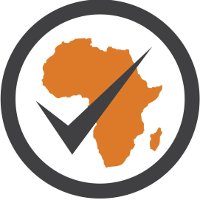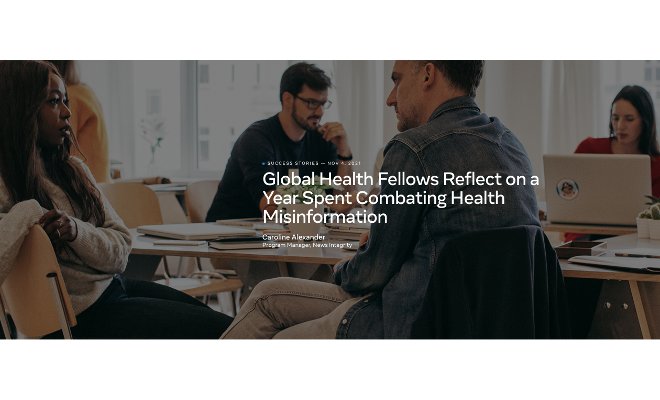Last September, Meta launched a year-long health fellowship with 10 fact-checking organizations to combat health misinformation around the world. The participating organizations represented countries in Africa, Asia, Europe, India, Latin America and the Middle East.
A few weeks ago, the 10 fellows met to discuss their experiences over the past year and present findings and lessons learned from the work they’ve done. The fellows ran podcasts, created databases, worked with students and teachers and produced hard-hitting journalism. Together, they built products, systems and lesson plans that will make them and their audiences better equipped to address health misinformation.
The group found fact-checking success in many different formats. At the end of a long and productive year, Meta wanted to share some of the best practices that the fellows picked up through their experience.
“Misinformation reaches large swaths of the public via videos, podcasts, streaming, graphics and new social media formats. So it is essential to use all possible approaches to diffuse content aimed to fight misinformation.”
– Massimo Sandal, Facta
Meet misinformation where it starts
The health fellows focused their efforts online. That meant e-learning platforms, Instagram live sessions and video series and blogger training sessions—the type of products that online communities can interact with and disseminate just as quickly as the misinformation they are trying to combat.
“Misinformation reaches large swaths of the public via videos, podcasts, streaming, graphics and new social media formats,” said Massimo Sandal, whose organization, Facta, worked with the Ramo d’oro Association on Rassegna stampa per bambini (“Press review for kids”) to make shareable comic-based content for parents to teach to kids. “There is no ‘general’ public but rather a multitude of different publics that differ by age, gender, ideology, interests and attitude. They all consume different types of media. So it is essential to use all possible approaches to diffuse content aimed to fight misinformation—at least as diverse as misinformation itself!”
Know your audience

A sketch from VERA Files’ upcoming Comics Handbook addressing health misinformation.
Like Sandal’s graphic contribution to the Rassegna stampa per bambini series, Nica Hanopol of the Philippine news outlet VERA Files found that she could best connect with her audience through entertaining and accessible comic-based handbooks—graphic illustrations with best practices, instructions, and useful health tips—that explore the history of health information in the Pacific nation. Hanopol and her team produced more than 30 in-depth reports, each helping to clarify and contextualize the types of cultural presumptions that have taken hold throughout the region.
“VERA Files wanted to address some of the most common health misinformation topics, such as vaccines, reproductive health and nutrition in a manner that is respectful and with consideration to Filipinos’ unique experiences,” said Hanopol. “By taking the comic format in our handbook, we are able to unpack deep-seated views and approach people with greater care and empathy.”
Shine light on the source
Many of the fellows are journalists by trade and well-versed in bringing attention to bad actors so the public can better understand their motives. Abhilash Mallick is a fact-checker at The Quint in India. As part of his fellowship, he committed time and resources to reporting on the sources of misinformation in his region.
“Celebrities, social media influencers and these personalities have huge armies of followers,” said Mallick. Writing about those influencers and personalities, he said, is not only important for people who are already that source’s followers, but also “those who might be on the fence about COVID-19 or the vaccine.”
“The long-term goal behind doing such profiles is that whenever a new disease comes or whenever the same people make such claims in the future, our profiles would show up first in the search results, telling people that they should not take those claims seriously,” said Mallick.
Create databases
VERA Files created a directory of 180 medical experts in the Philippines. Nanditha Kalidoss of India’s Factly organization built a microsite to house its podcasts, fact-checks, and helpful journalists’ resources. In Turkey, Keskin and Teyit produced a Health Journalism module that journalists can consult for sources or hard info.

Factly’s health microsite
Hanopol said that VERA Files’ database, which boasts more than 180 contacts, assisted the work of her colleagues “at a time when mobility and physical interaction were severely limited.”
“Having a readily available list of sources that we could contact unlocked a new dimension to our stories at VERA Files, given our variety of backgrounds,” she said. “We were able to cover stories about pharmaceutical innovations, nanotechnology and neurogenetics, just to name a few. These are scientific, medical and health topics we wouldn’t have otherwise explained as extensively with just online sources.”
Build your community
Whether it was working with medical students, general practitioner doctors or undergraduate university students, our health fellows found tremendous success connecting with classrooms to educate students on how to handle health misinformation—both in their media literacy and future medical practice.
“The greatest benefit of our partnership with the medical students has been the increased awareness among them about the problem of misinformation that threatens public health,” said Öyküm Keskin, of Teyit, in Turkey. “Together, we’re raising awareness about the need to elevate health information and access to digital sources in terms of accuracy, liability, actuality and scope.”
Keskin said that Teyit’s work with medical students also helped her communicate better with those outside of the profession.
“Medical terminology is difficult to digest,” she said, “and we are working to ensure that the correct medical information is included in your daily lives. But we are not alone in this effort. Some medical students are as aware of the problem of medical misinformation as we are.”
Listen to your experts

Fact-checkers are diligent researchers who can produce clear and cogent analysis of complex social topics. But they’re not doctors or epidemiologists. That’s why Factly and Facta both started podcasts and Mandy Lombo of South Africa’s AfricaCheck began hosting webinars: to get the experts talking, and doing so in a way that translates to public consumption.
“While experts can definitely put out their opinions, through our podcast, we have structured the debate and approached the questions in a way that’s accessible to a broad audience,” said Kalidoss of her “Un-Viral” podcast. “That way, the opinions of the subject matter experts are understandable and also give the way forward to help combat health misinformation.”
Read the original article posted on the website of the Meta Journalism Project.
(VERA Files partnered with Meta, formerly Facebook, to host a year-long fellowship on health misinformation reporting. Read about the program here.)
